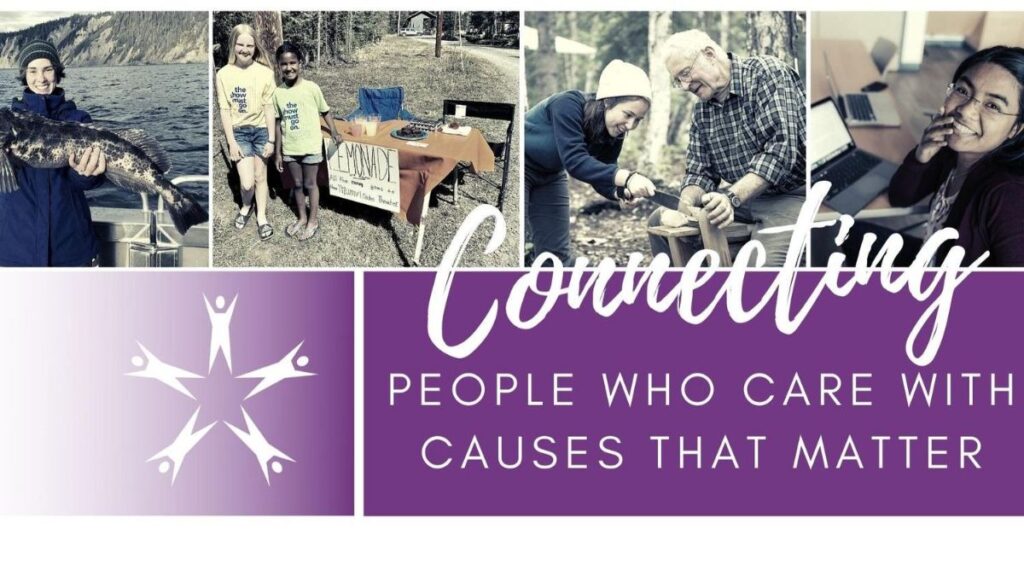
Good Things are Happening in Your Community
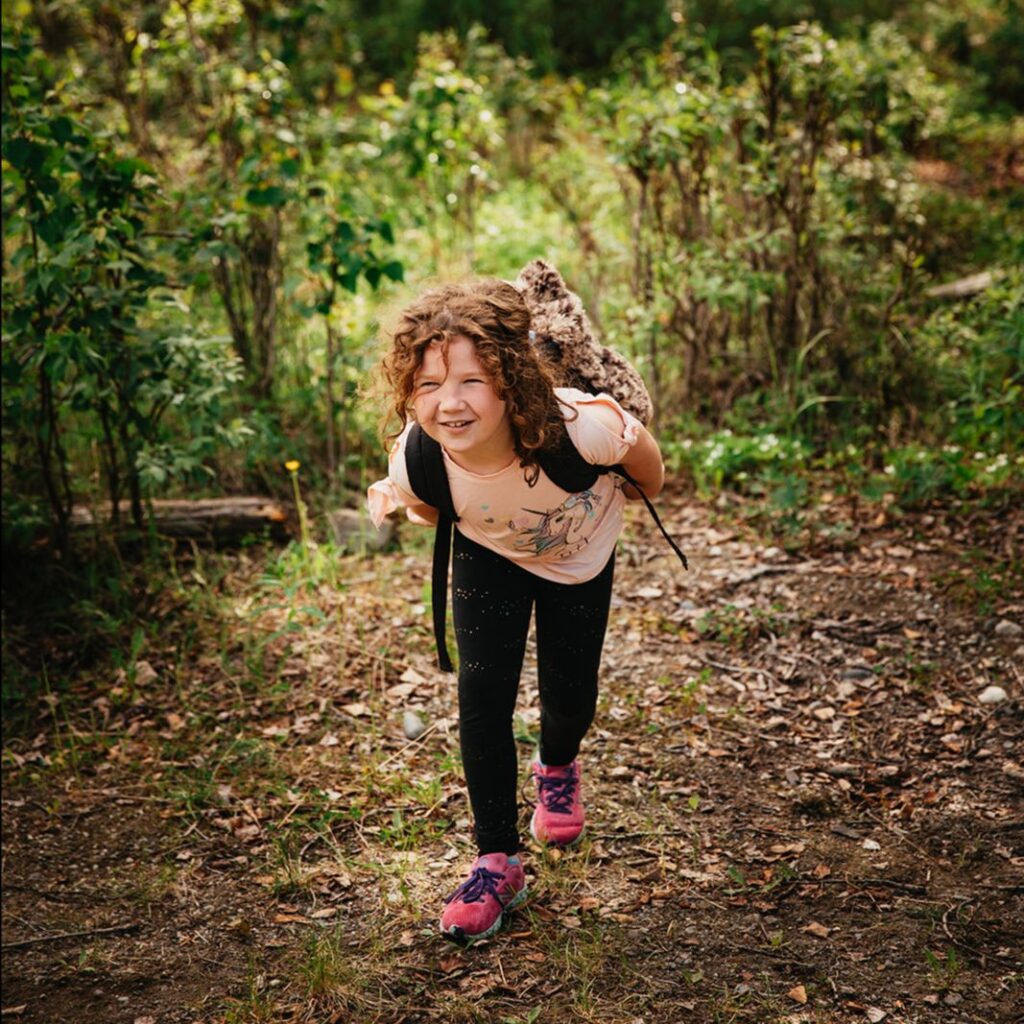
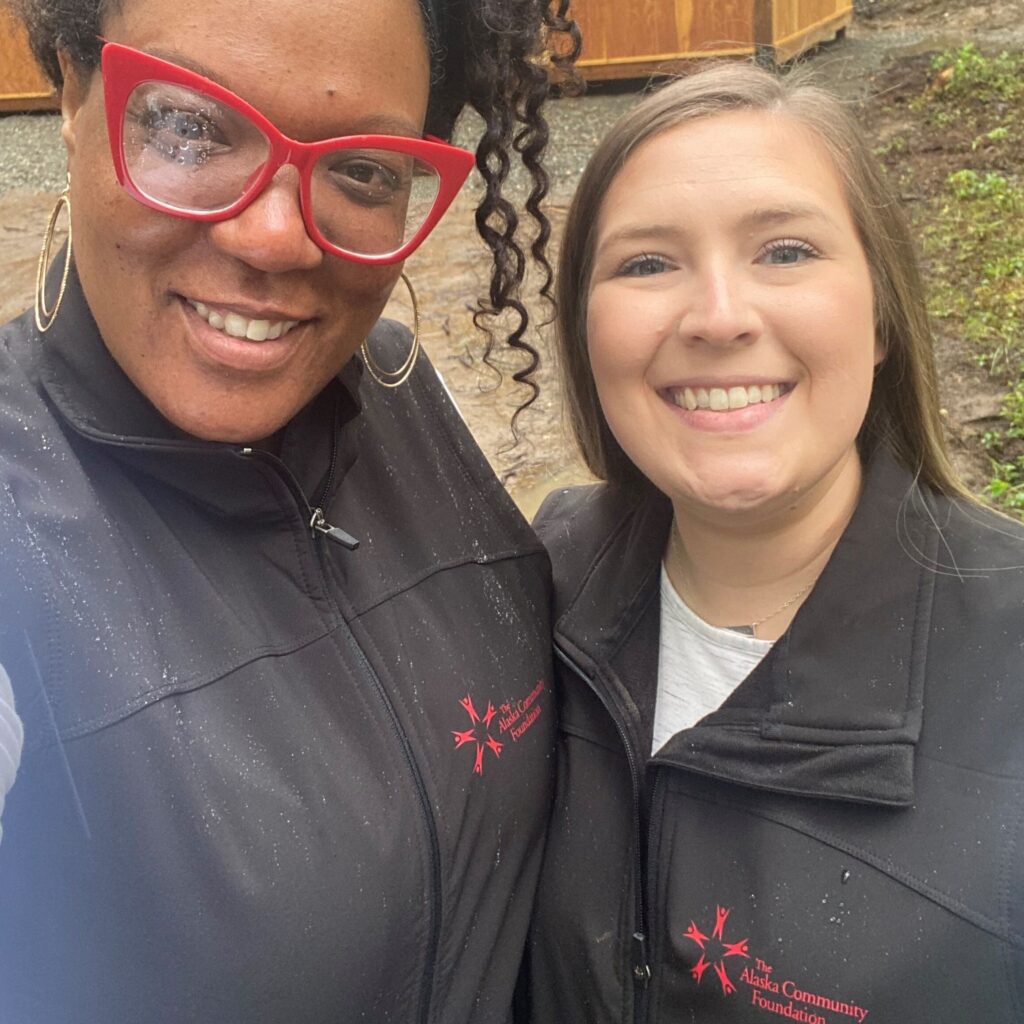
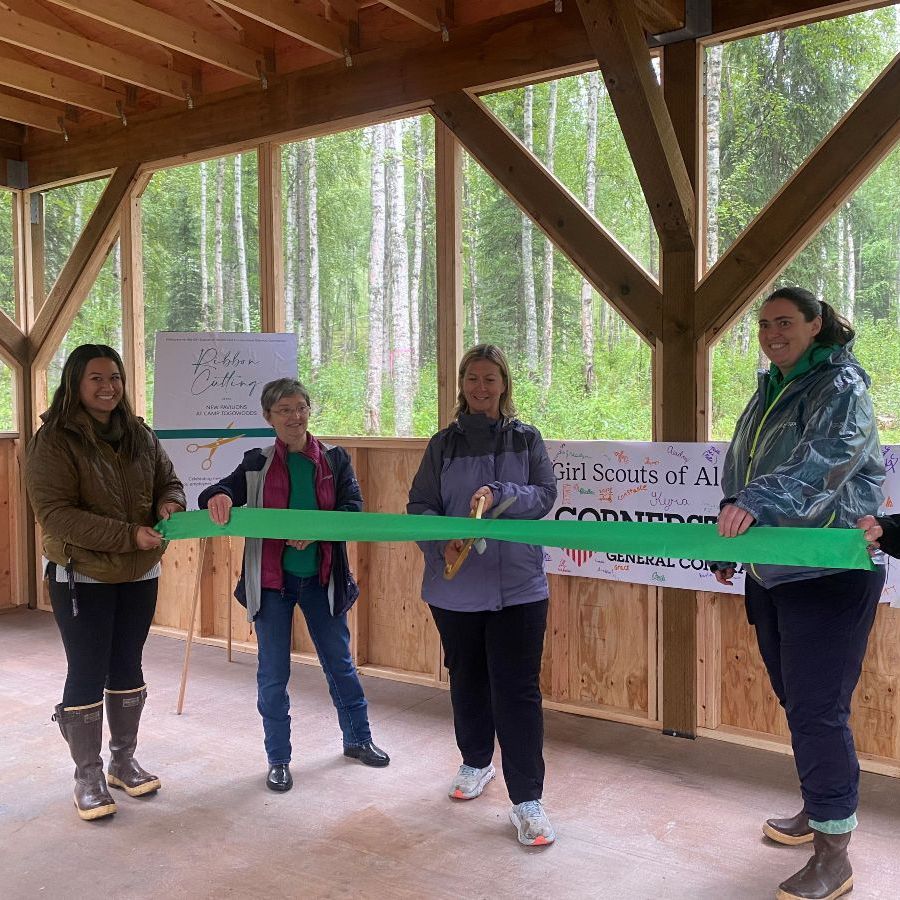
Camp Togowoods Pavilion Ribbon Cutting
Challenge yourself, do something different, and meet new people
The Alaska Department of Commerce, Community, and Economic Development (DCCED) and the Alaska Community Foundation (ACF) awarded $8.67 million to ninety-four nonprofits in the second round of ARPA Nonprofit Recovery Fund grants. These funds were intended to provide relief funding to nonprofits suffering from the effects of the economic and social problems caused by having to react to the pandemic.
The Girl Scouts of Alaska received an ARPA Alaska Nonprofit Recovery Fund grant that enabled them to build a pavilion at Camp Togowoods. This special place was created to help them achieve their mission, to build girls of courage, confidence, and character who make the world a better place. It is just one of many projects from this unique collaboration that helped Alaska nonprofits stay in business and make a difference in their communities.
On August 5th, ACF Staff members were delighted to attend the ribbon cutting for the newly constructed Girl Scouts of Alaska’s Camp Togowoods pavilion.
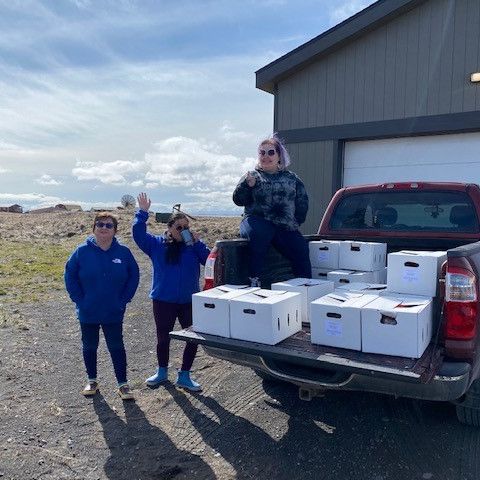
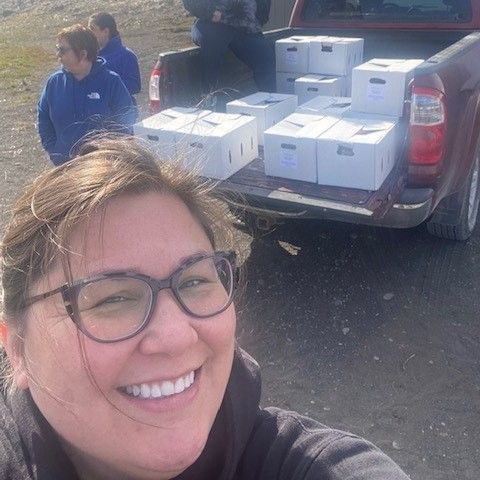

Bringing a community together at a big table called the Aleutians
Stretched across the ocean between two continents, the Aleutian Islands contain the westernmost and easternmost part of the United States by longitude. Because of its geographical positioning, the supply chain has always been rocky for its inhabitants. In 2020, this reality was exacerbated as serious supply deficiencies due to the pandemic created a food shortage that deeply impacted communities across the archipelago.
“In every community, I received numerous thank yous and how can we helps from folks.” Mr. Paul Mueller, CEO of EAT.
As a recipient of a $250,000 American Rescue Plan Act (ARPA) grant, Eastern Aleutian Tribe (EAT) was able to make a significant impact in their community through a community food program.
With these funds, EAT purchased products and food cards and covered shipping costs. This expedited food delivery so residents could attain fresh food when their local store had few options. This project was part of a larger “No One is Hungry” initiative.
The “No One is Hungry” initiative allowed many to have food when no one else was helping. Food provided by the Eastern Aleutian Tribe increased behavioral health and wellness among community members. The community came together to help deliver food to the population that could not pick it up. The impact of the ARPA funding and EAT initiatives was felt in every community. Mueller received heartfelt appreciation and positive feedback from community members. “This [was] a way to bring a community together at a big table called the Aleutians,” says Mueller.

